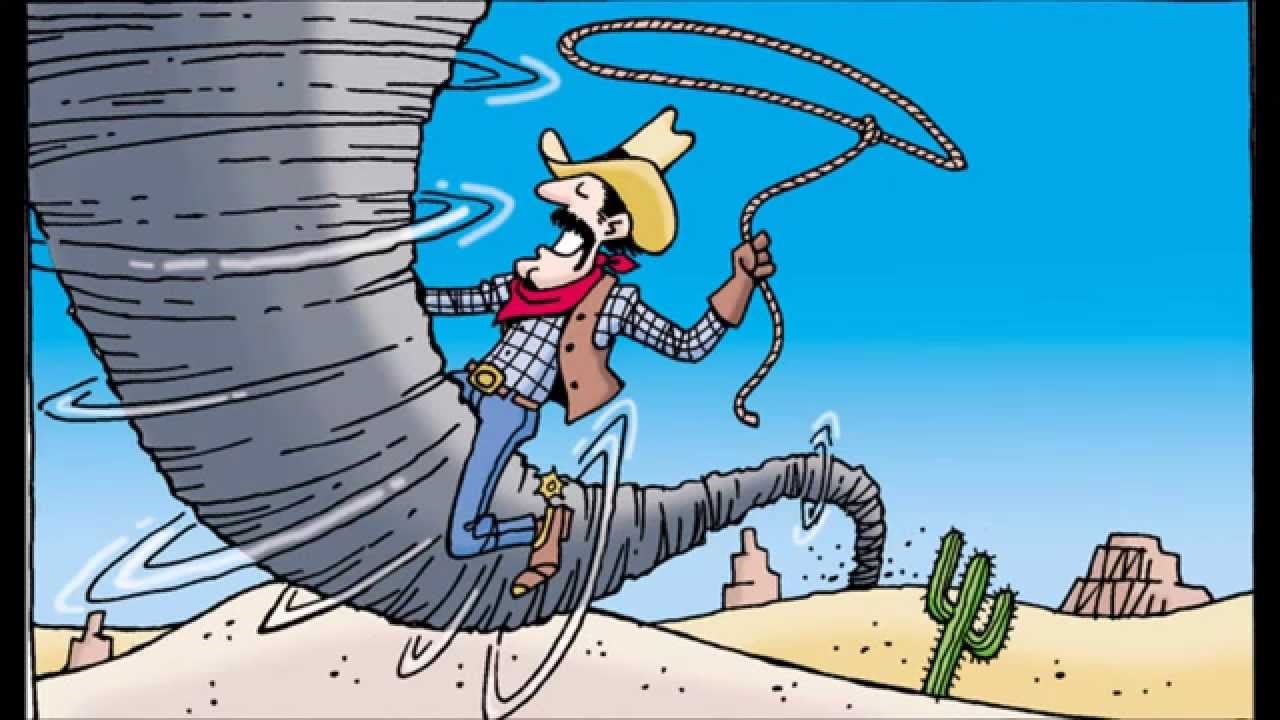
We have words in our everyday vocabulary, with roots in history, that have grown larger than life.
Jezebel was the Phoenician wife of King Ahab who urged Israel to worship Baal. Her schemes killed Naboth, and she vowed to kill Elijah, but instead dogs licked her blood as Elijah prophesied. Today her name describes any impudent, shameless, morally unrestrained woman.
Robin Hood is the highly skilled archer and swordsman outlaw in English folk history, wearing Lincoln, who moved around Sherwood Forest with his merry band opposing the corrupt, robbing the rich, and giving to the poor. Today people displaying those values can be called Robin Hoods.
Webster’s Dictionary defines Maverick as an unbranded range animal,
especially a motherless calf, or, an independent person, who refuses to follow society’s standards or customs. A lawyer named Maverick lived in south Texas in the mid-1800s. He acquired a farm and cattle, but didn’t brand his animals and let them roam free. Today the term describes unbranded cattle, but also people acting individually who refuse to be branded as members of any particular group.
Shirley Temple was the most famous, popular child star of all time. Blue-eyed with blonde curls, she starred in movies from age three and soon reached super stardom by doing it all—acting, singing, and dancing! Fans loved her because she was cheerful, bright, bouncy, and innocent. Today her name describes people like her, and also names a non-alcoholic mixed drink made from ginger ale with a splash of grenadine, garnished with a maraschino cherry.
Paul Bunyan is a massive lumberjack in American folklore. His exploits are told in tales of superhuman labors, where he is often accompanied by his blue ox, Babe. His character originated in the stories of North American loggers, and was later captured by writer William Laughed in a 1916 promotional pamphlet for the Red River Lumber Company. Varying statues of him are found throughout North America.
John Henry is the African-American steel-driving folk hero who hammered a steel drill into rock so explosives could blast railroad construction tunnels. In the legend and popular song, his strength is measured in a race against a steam-powered hammer, which he won but died victorious, hammer in hand, with his heart over-stressed.
Pecos Bill rose from the imagination of southwestern cowboys during westward expansion and displays frontier courage, strength, and humor. Created by Edward O’Reilly, he is said to have come from range hands’ tales at the end of long days on the trail, and has much in common with other “Big” characters like Paul Bunyan and John Henry. I’d personally like to think there’s a real Pecos Bill out there somewhere who does lasso tornadoes to ride them.
Which is your favorite? Or nominate another you believe brings (mostly positive) larger than life qualities to all of us today?
This post is also available on http://mbtponderers.blogspot.com/


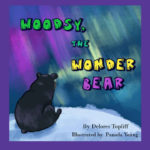
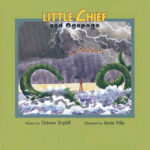
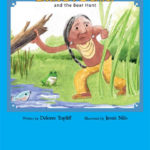
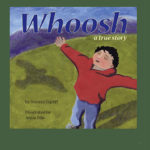
Leave a Reply